Caper plant
A Greek popular medicine, enjoy a herbal tea from a caper root.
The Caper is a healing self-sown herb which is considered as an appetizer and diuretic and is very famous in Cyprus. It's a perennial thorny shrub that can reach 1m. height and 1.5 m. width. It grows between stones, in walls, coastal uncultivated places and rocks retaining a bit of moisture. The caper grows in places that have of full sunlight. It appears in late spring and early summer. In summer the caper withstand temperatures above 40 degrees celsius. But in winter is sensitive and can not withstand frost. In the spring when the tender shoots grows, cut the stems by hand, the harvest should be done quickly, before bloom.
All parts of the plant are eaten vinegary. The trunk with the leaves can made vinegary separately from the buds and the small cucumbers. If you want clean the thorns to be easier for chewing. The quality is usually judged by the size, the smaller the puds are, the better it is. The serve it as it is or within salads. The puds are cooked with fish, especially with salted cod. If you want to learn how the preparation of kapari is made click here.
Known since antiquity as thought to possess healing and magical properties.The ancient physician Dioscorides recommended the leaves and the root of the plant to disappear swellings. In the pharmaceutical use in cases of weakness, as stimulating the circulation and respiratory functions.
The root bark is used in the treatment of various diseases such as arthritis, rheumatism, toothaches and skin diseases. The bud of the caper has few calories but rich in nutrients such as antioxidants and vitamins. While the content of calcium, potassium, magnesium and sodium are high. It is a "strong" food, which means that it can be safely consumed by those who have a healthy digestive system and may contribute to the healing of the ulcer wounds! The capers succeeds and thrives in loamy, sandy, stony, gravelly soils with less than 1% organic matter!
Given to pregnant women before birth to cause contractions in the uterus. Stops diarrhea and spasms in the stomach and intestine, also used against impotence. Finally, it is used in wasp and snake bites.
It has been used in medicines and cosmetics.
The pud, if is boiled with vinegar and you make oral rinses, stops the tooth pain. The bark of the dry root it cleans any chronic, unclean and hardened ulcer. Is made with poultice and with plaster of raw barley flour in the spleen disease, and if you chew it while you have a toothache it helps. The leaves and the root melted together processed dissolve callosity and the swelling of the neck glands, and their juice if instill in ears it kills the worms therein.
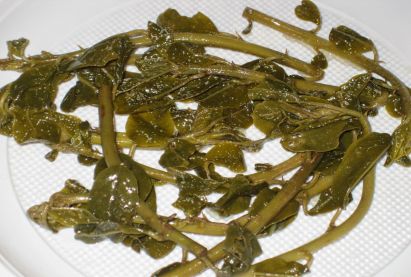
Serve “kapari” as a side dish with most meals. I particularly enjoy it on lentils, with salad, and most meats.

 English
English
 Ελληνικά
Ελληνικά Русский
Русский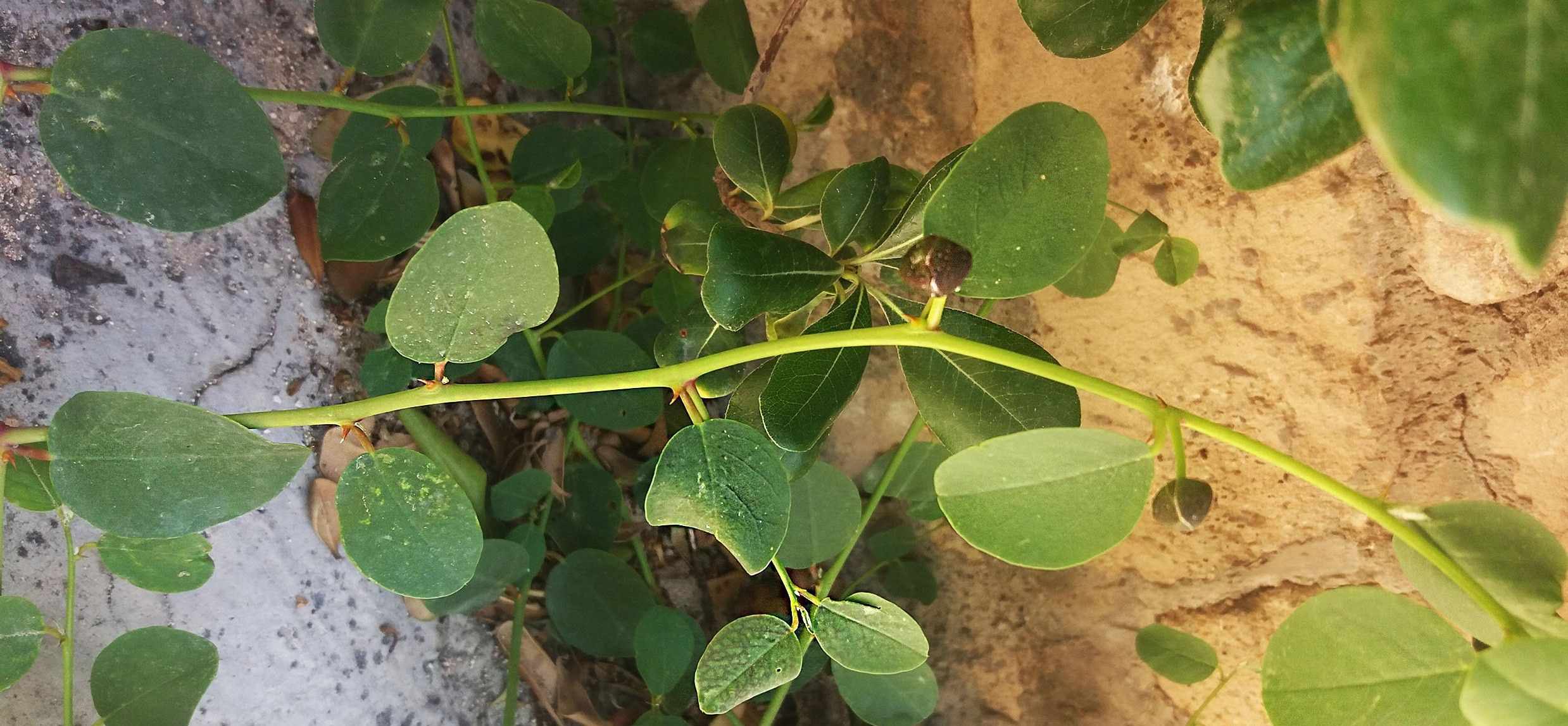
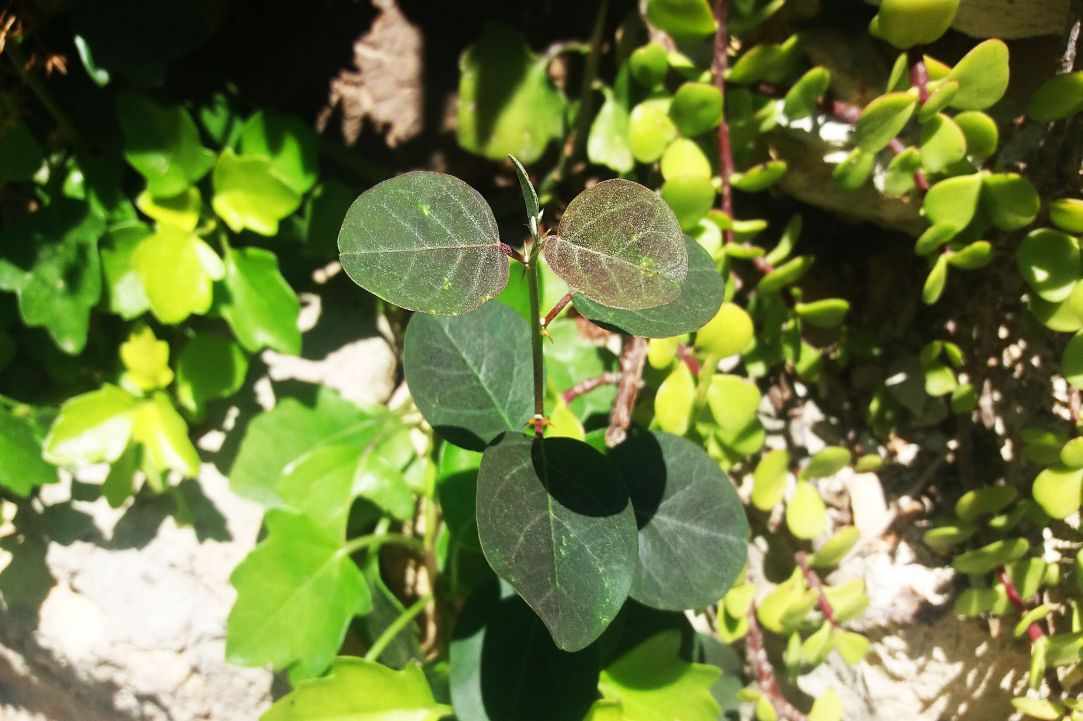
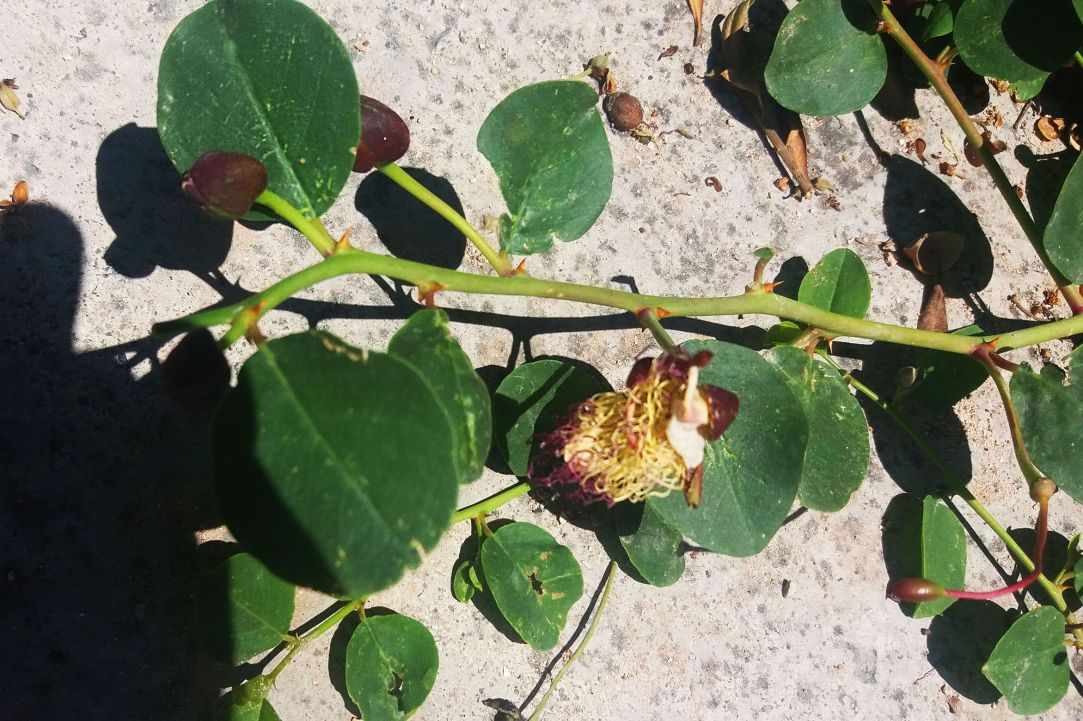
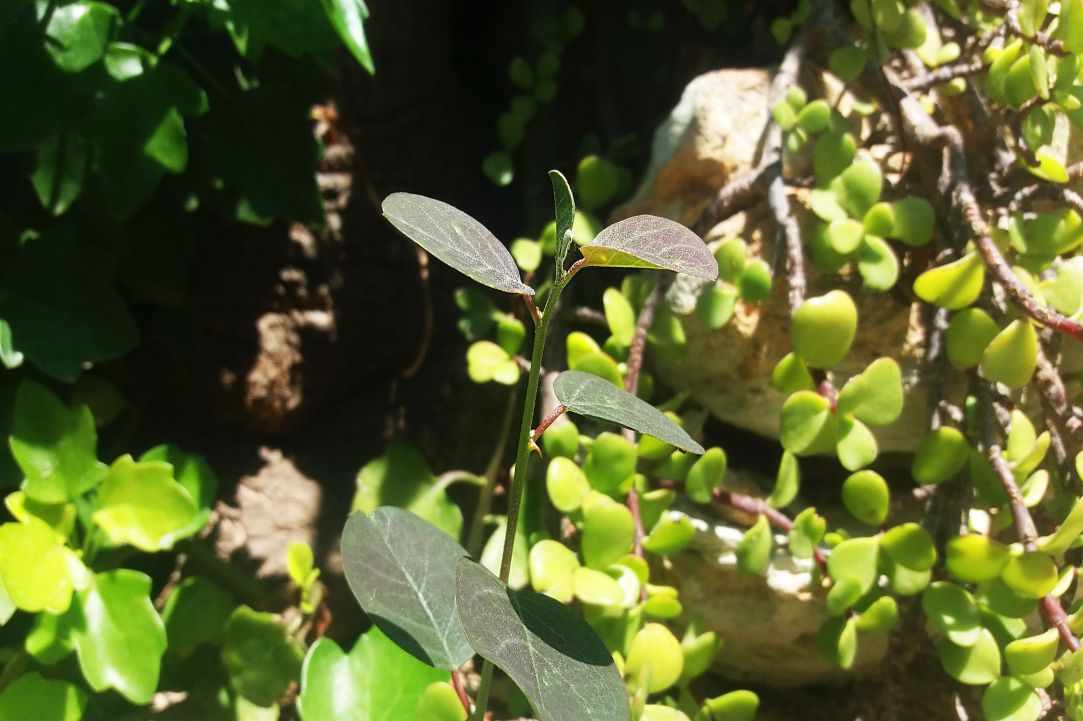
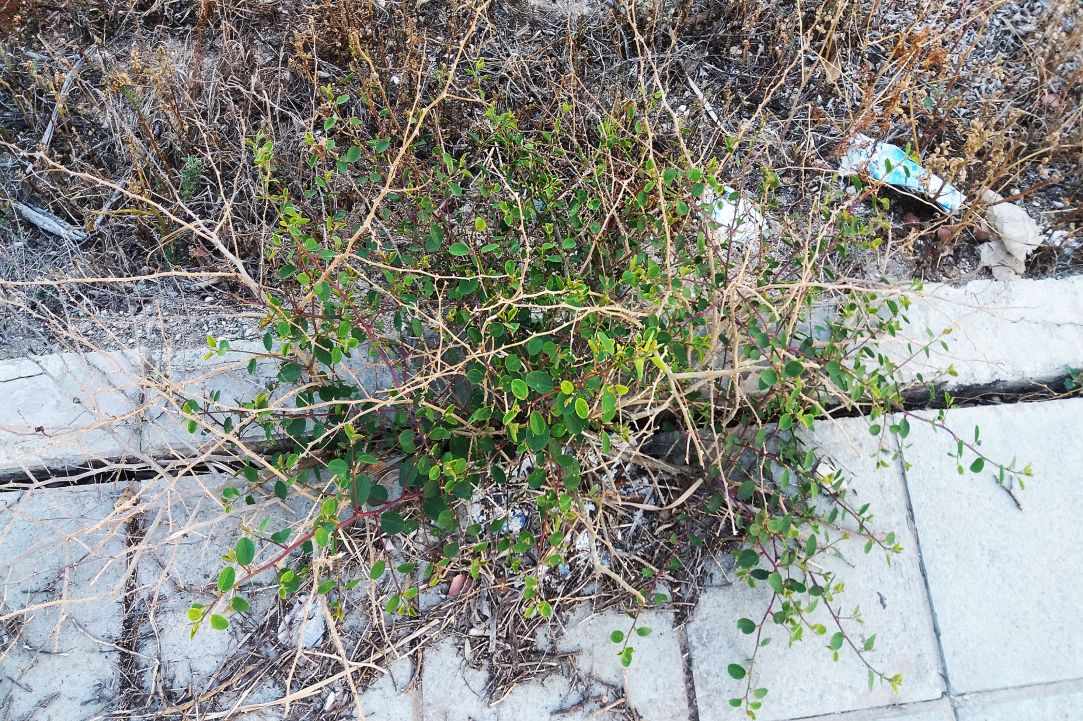
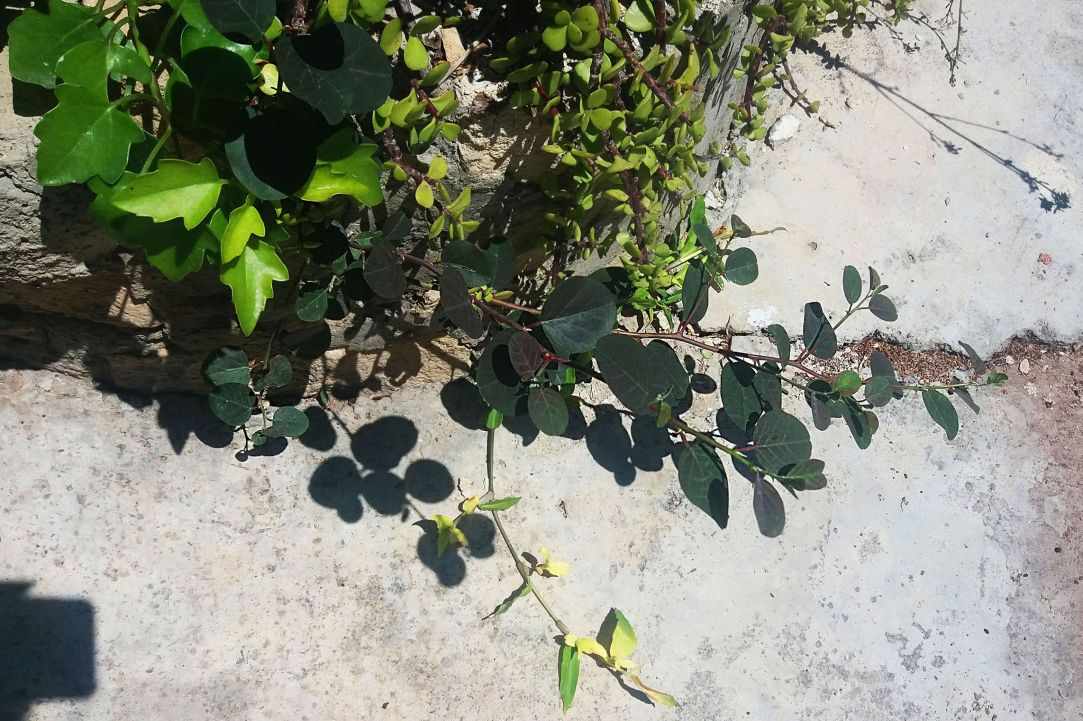
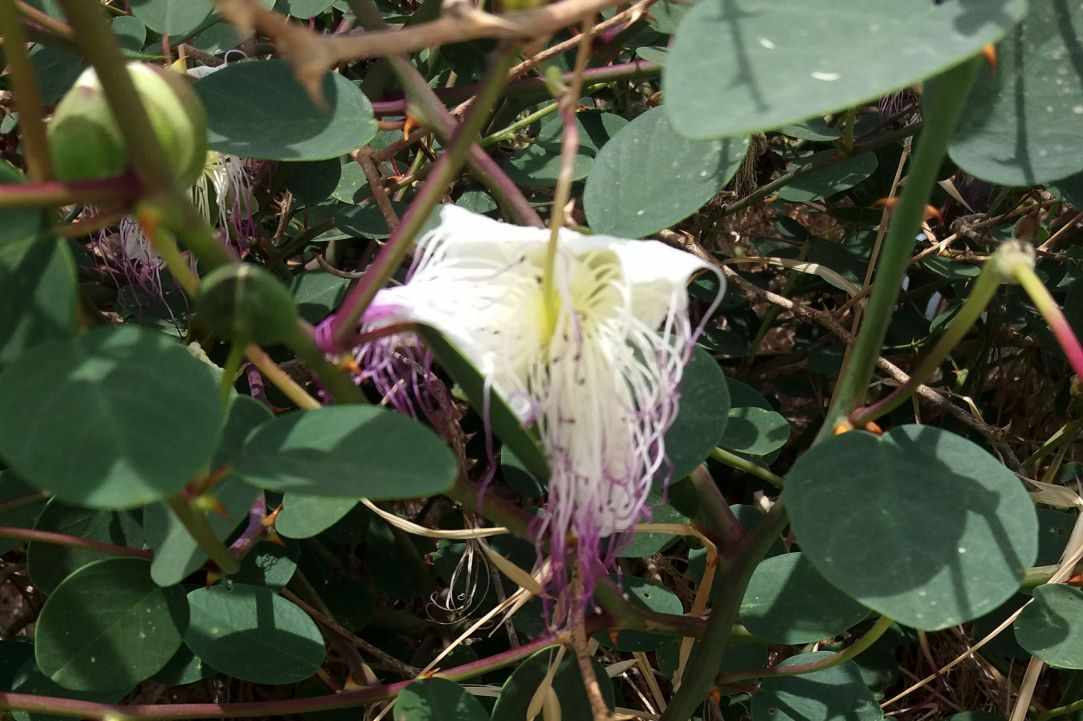
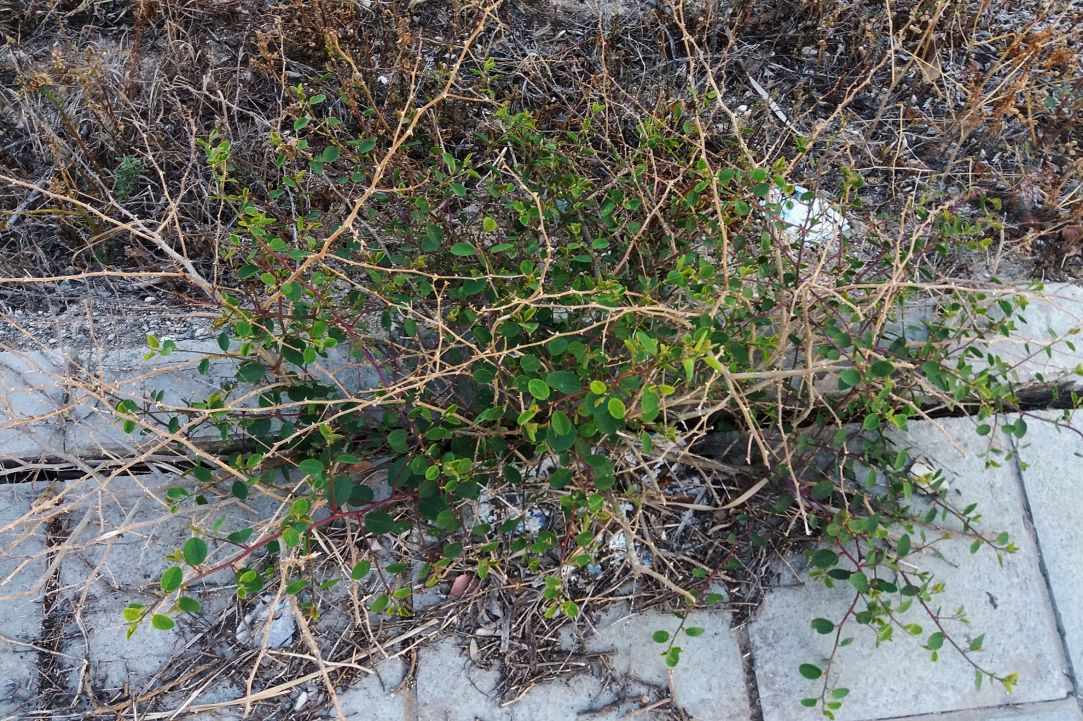
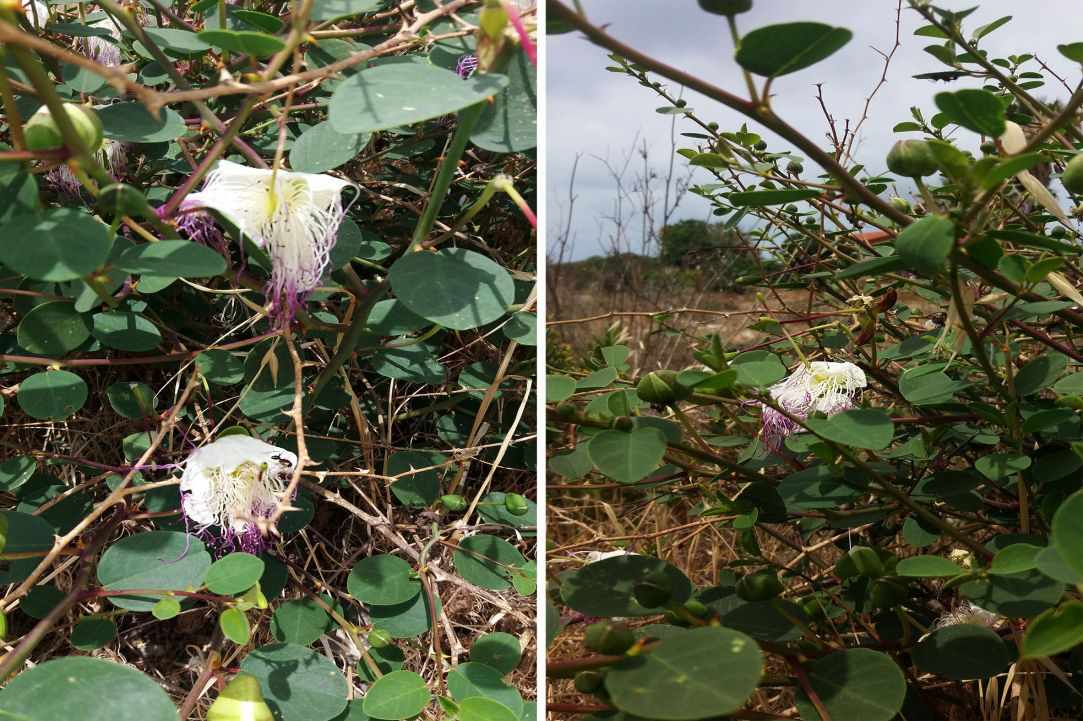
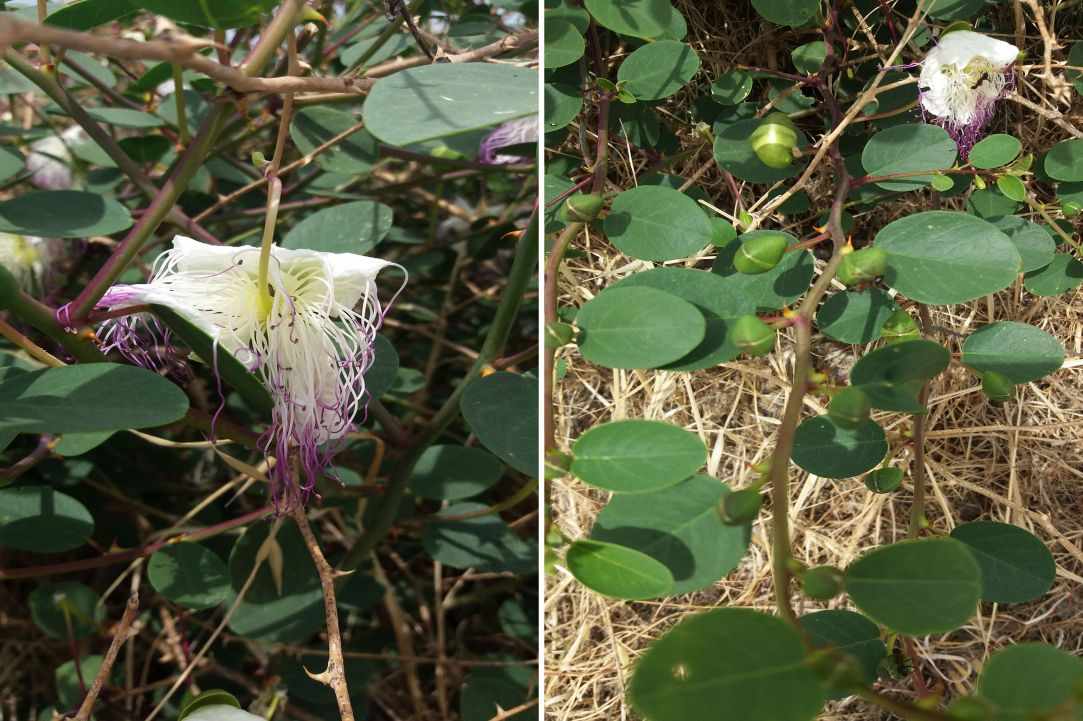
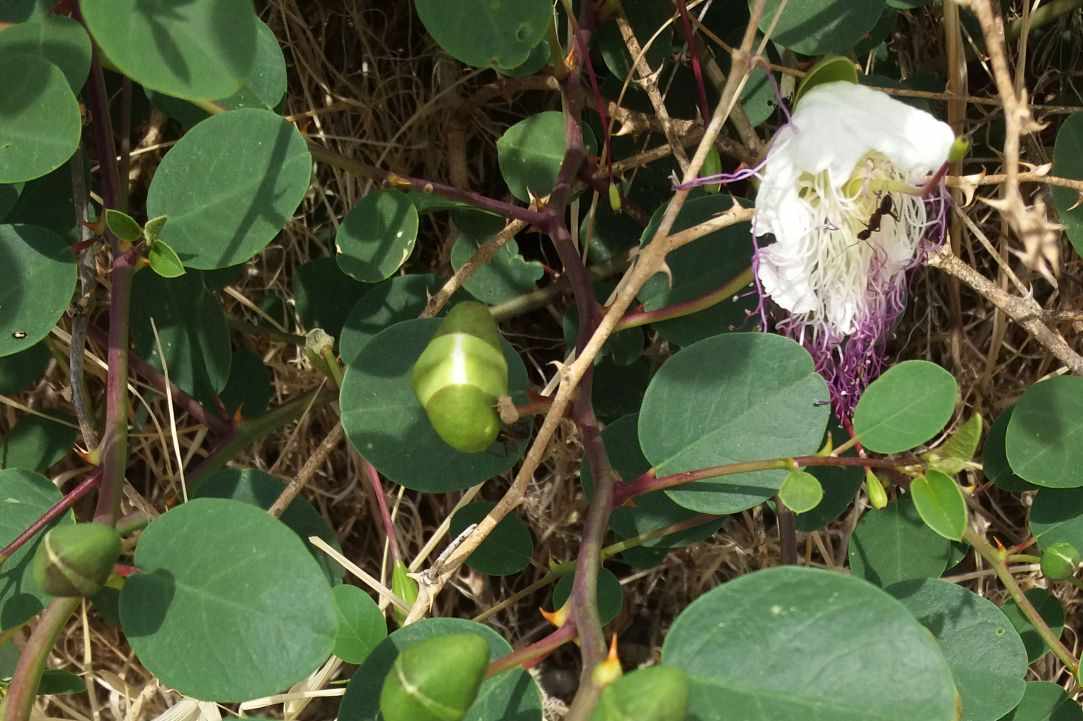
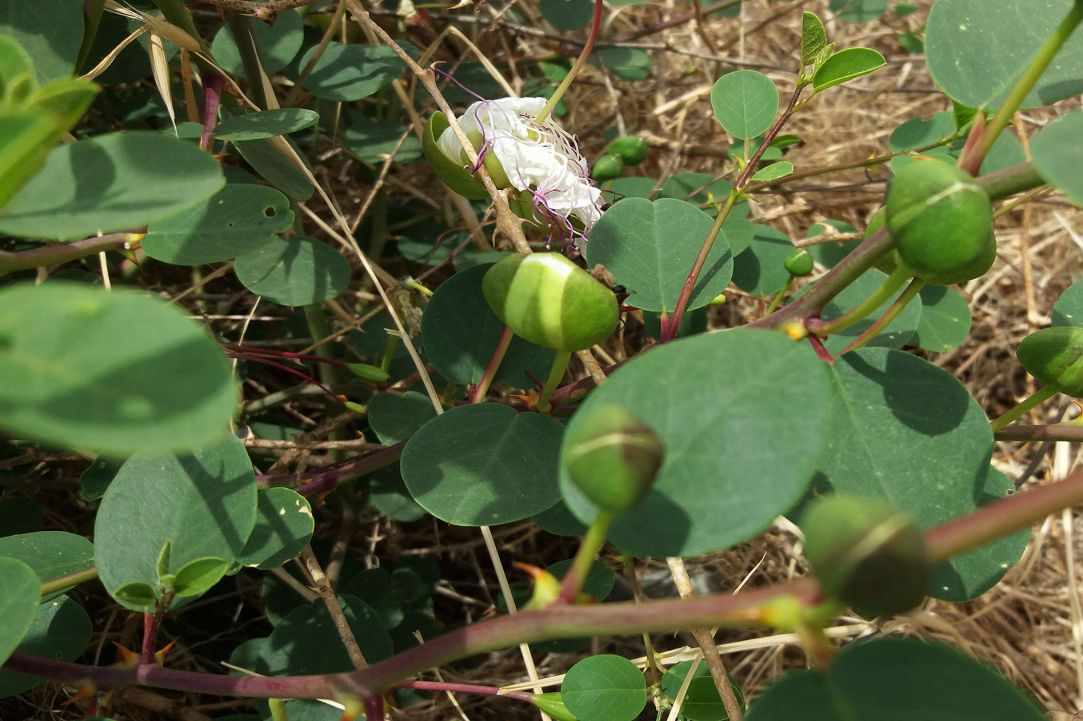
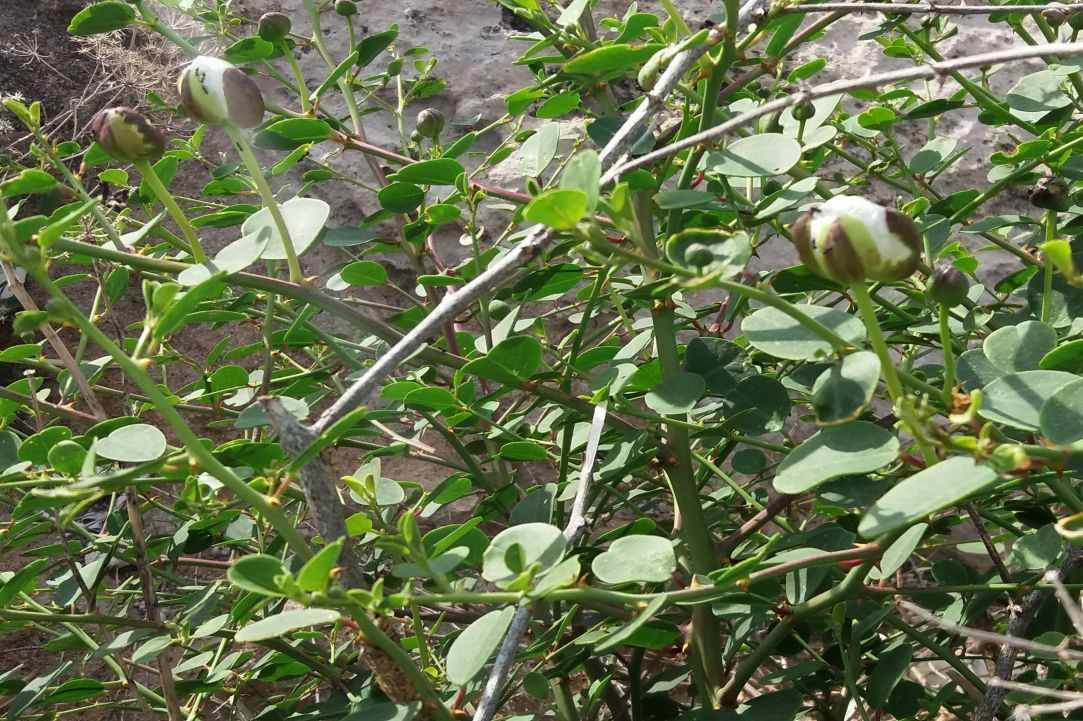
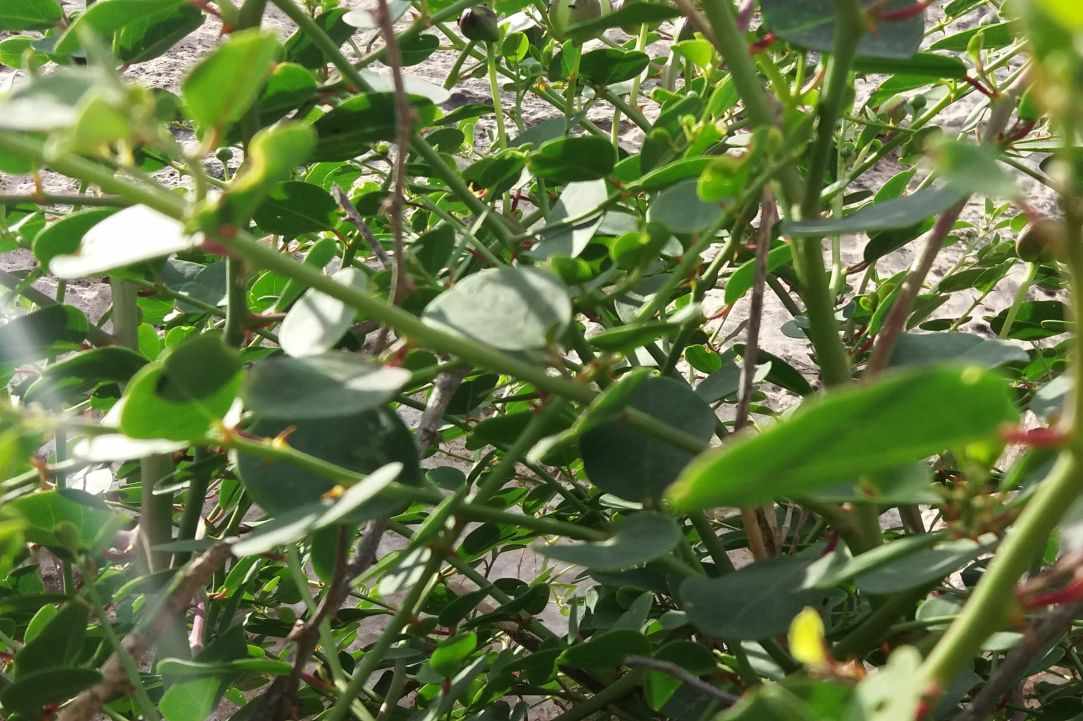
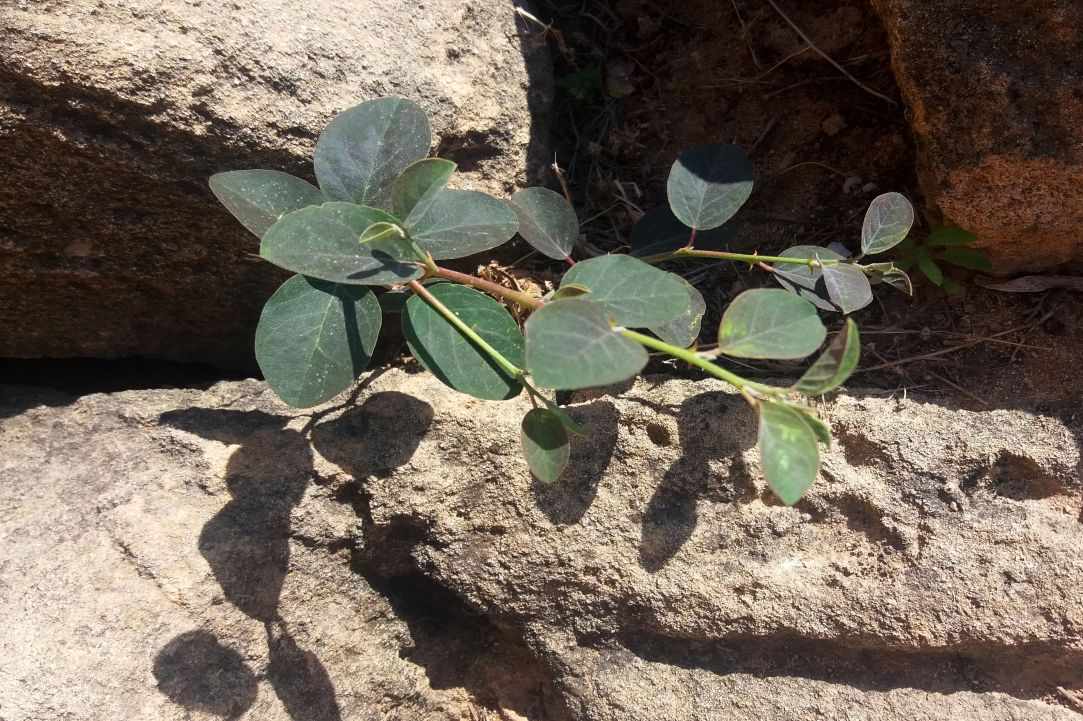
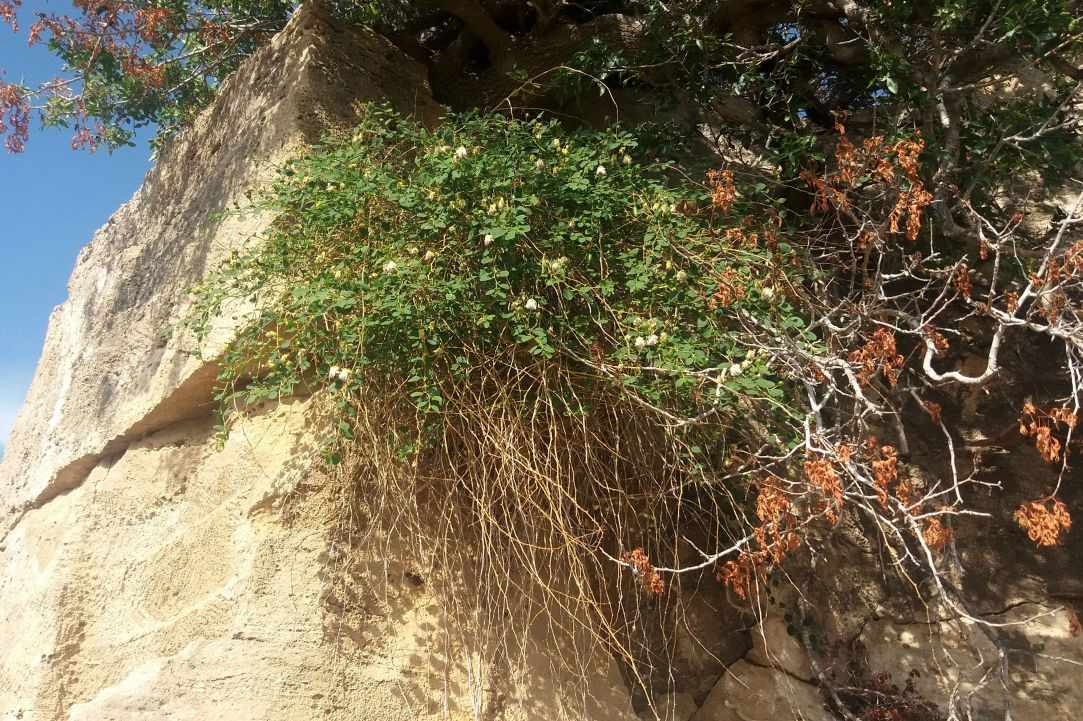
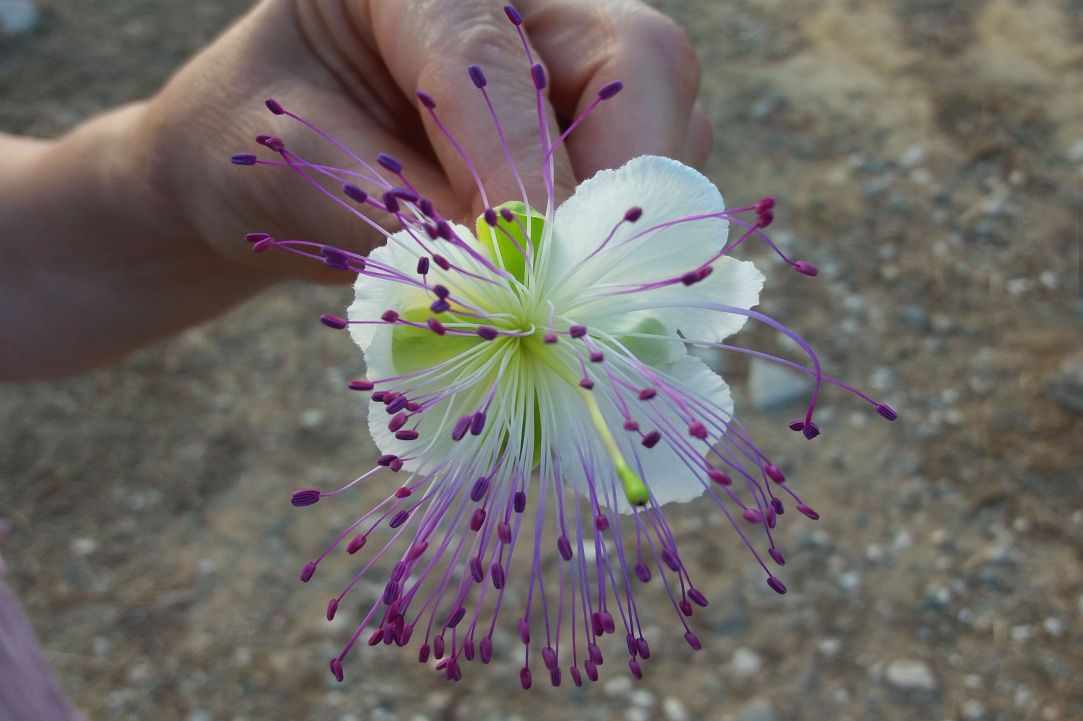
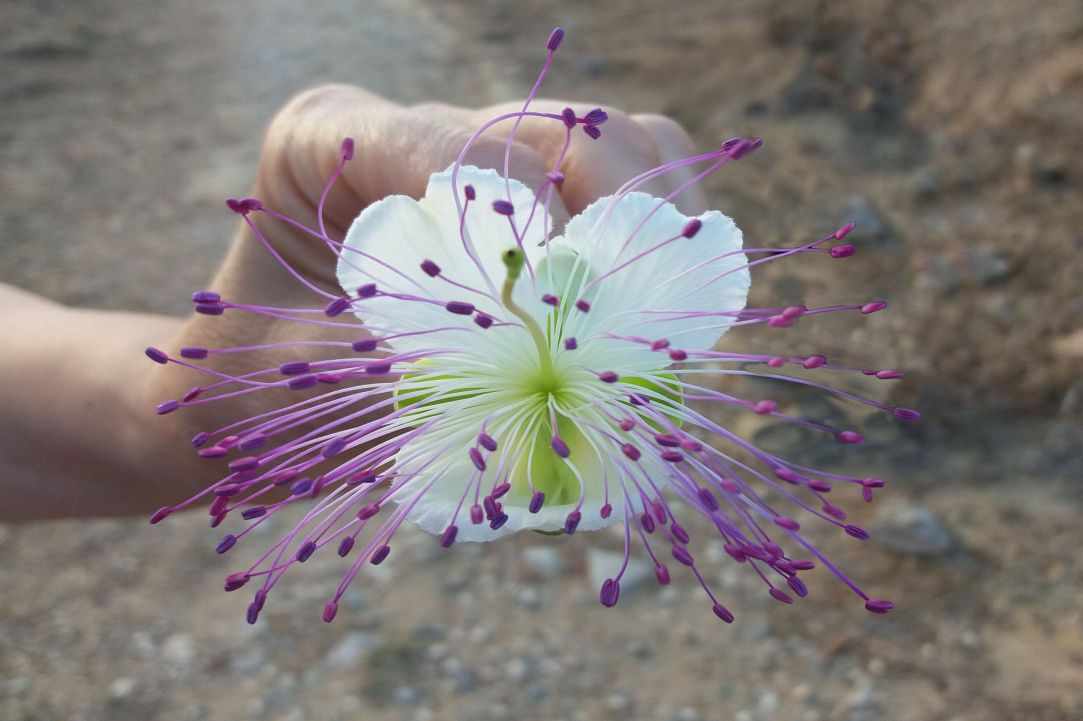
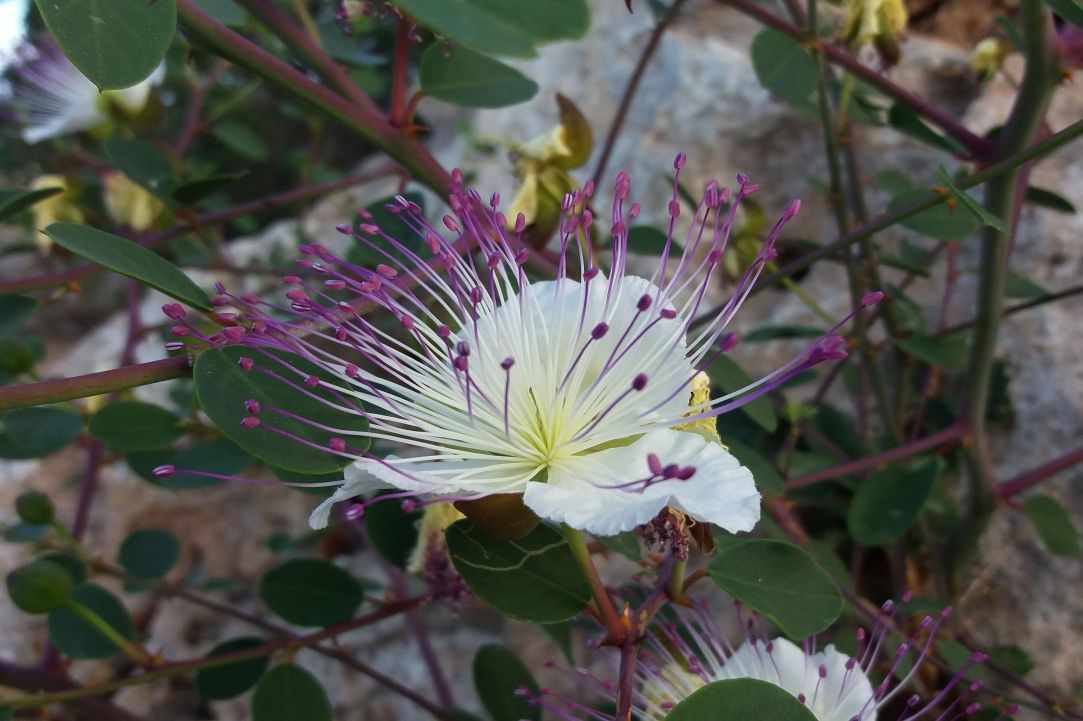
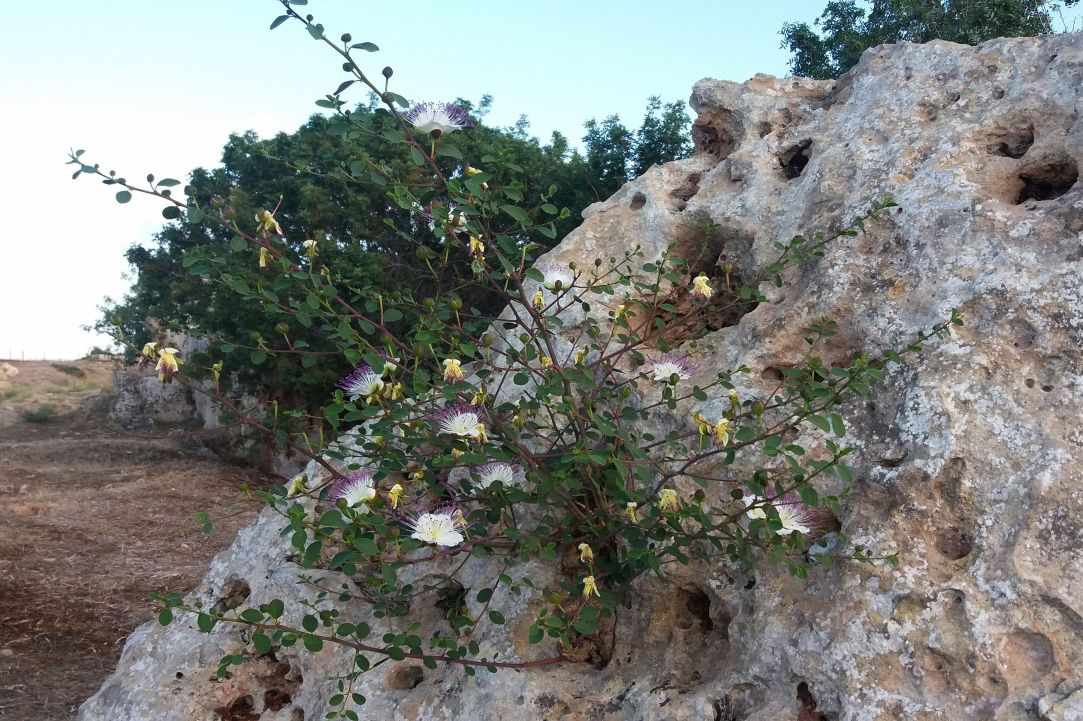
 Posted by
Christina Nicolaou
Posted by
Christina Nicolaou






